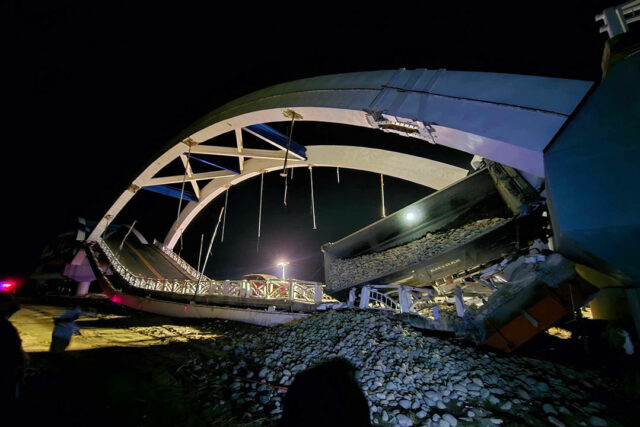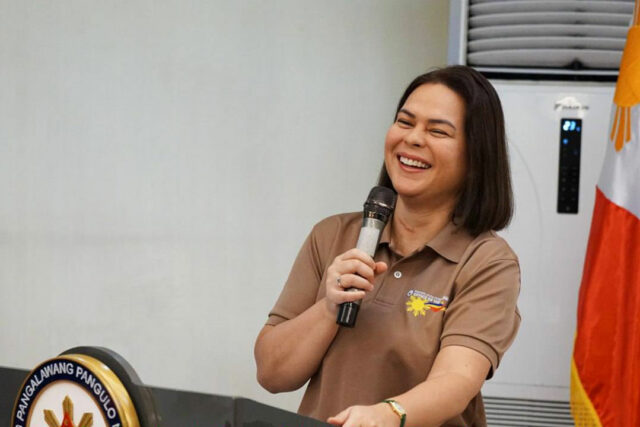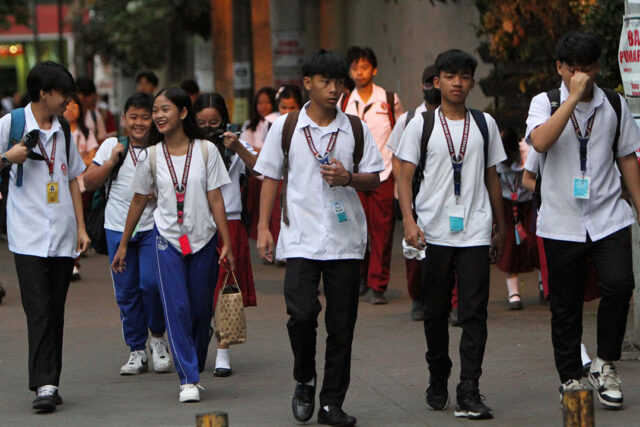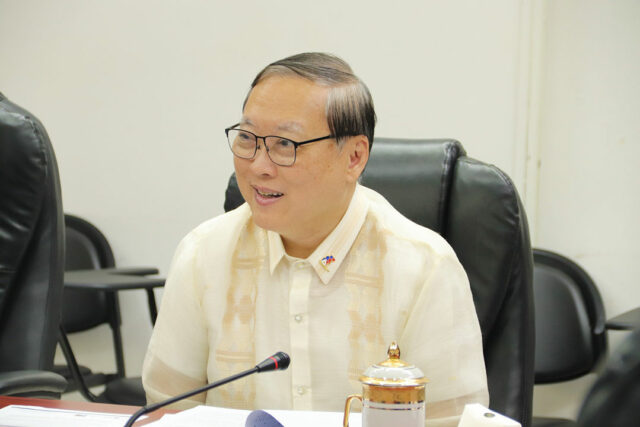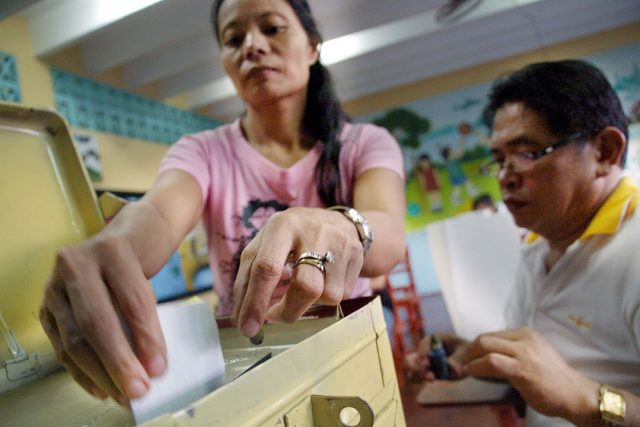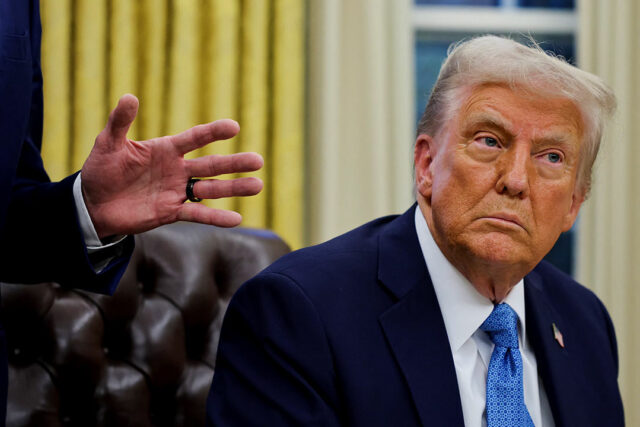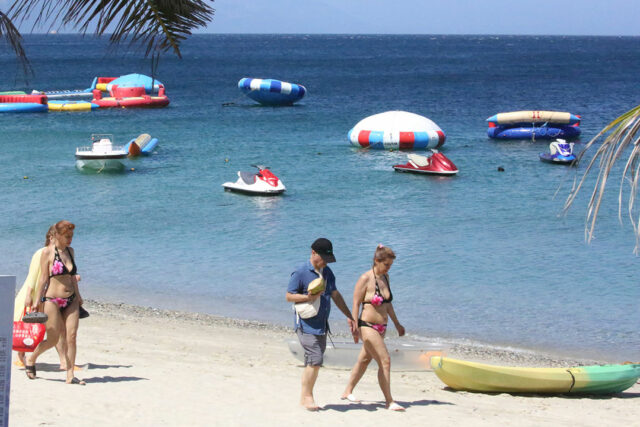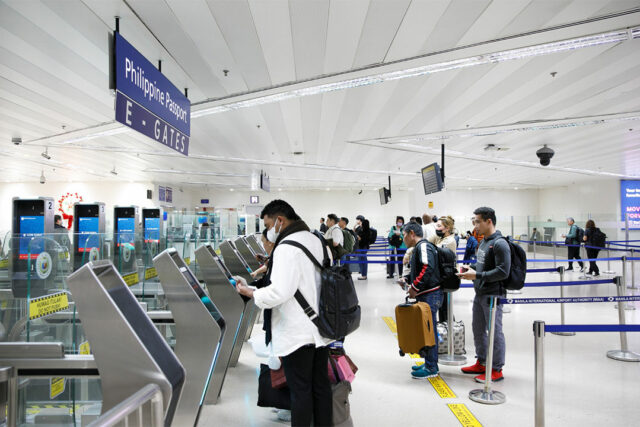World Bank approves loans for Mindanao transport, health projects
THE World Bank said on Thursday that it approved two loans worth a combined $950.54 million for transport connectivity and health projects in Mindanao.
The two projects were approved by the bank’s Board of Executive Directors, the bank said in a statement.
“The World Bank is committed to support the Philippines in its journey towards inclusive growth and its aspiration to become an upper middle-income country,” according to Zafer Mustafaoğlu, World Bank Country Director for the Philippines, Malaysia, and Brunei Darussalam.
One of these is the $454.94-million Mindanao Transport Connectivity Improvement Project.
It aims to improve connectivity, sustainable transport infrastructure and services for 1.16 million residents along the Cagayan de Oro- Davao-General Santos corridor.
The project will fund rehabilitation and upgrading of the 428.2-kilometer main road corridor connecting the mentioned cities, which hosts key ports and airports in Mindanao.
“This road network comprises four highways —Sayre Highway, Bukidnon-Davao Highway, Digos-Makar Highway, and the Davao-Cotabato Road — traversing six provinces, 14 municipalities, seven cities, and 168 barangays,” the World Bank said.
Meanwhile, World Bank Senior Transport Specialist Pratap Tvgssshrk noted that connecting rural and remote areas to urban centers benefit agricultural growth.
The Food and Agriculture Organization said Mindanao supplies 40% of the country’s food and accounts for more than 30% of the national food trade.
Meanwhile, the $495.6-million Philippines Health System Resilience Project aims to strengthen provincial health systems, invest in disease surveillance, public health laboratories, and emergency response systems, the World Bank said.
“This project will prioritize 17 provinces with low healthcare access capacity, benefiting 17.9 million people, including those in geographically isolated and disadvantaged areas. Eleven of these provinces are in Mindanao,” it said.
“This project is vital as it aims to empower these low-capacity LGUs to deliver high-quality health services, thereby driving socioeconomic progress through improved health outcomes,” World Bank Senior Economist Wei Han said. — Aubrey Rose A. Inosante


